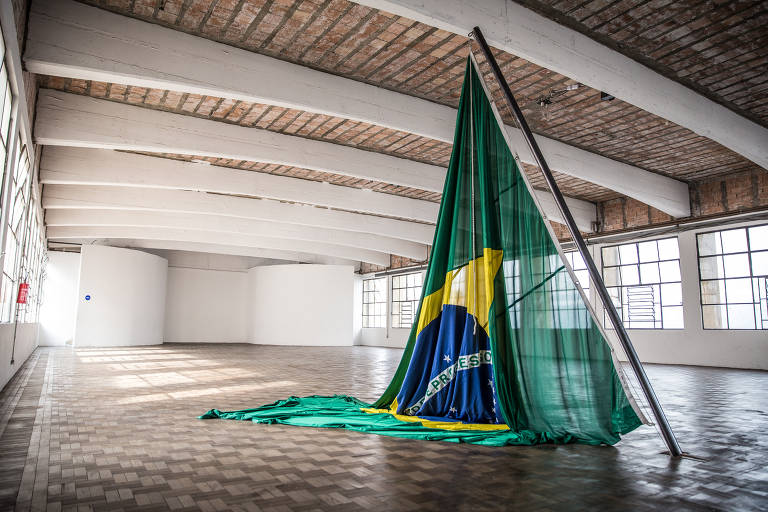In 2000, I was working as Folha's New York correspondent, and as such, I was invited to sit in a class of a renowned journalism professor at Columbia University. His expertise was the so-called "futurism," a scholarly attempt to predict media trends.
His lectures were like Broadway shows. Introduced by lights and music, he entered the stage that morning and announced: "I have here in my pocket the media of the future, in which you all, in a few years from now, will receive an infinity of information every morning at home!"
He then proceeded to triumphantly take a CD-ROM out of his pocket, which then was greeted by enthusiastic "oooohhhs" and "aaaaaahs" from the audience.
I tell this story, of his ridiculous remarks as announcing an extinct medium as the future, to show how dangerous it is to make any prediction for journalism.
As Otavio Frias Filho (1957-2018), Folha's editor-in-chief who passed away in August wrote in a 2001 article entitled "Factoids": "Reality is whatever is left after political predictions are ravaged by the unexpected."
Nevertheless, I want to try sketching an outline of 2019 out of the fog from the end of 2018. It seems reasonable to suppose that the next year will be a hopeful one. I hope that:
→ the president-elect Jair Bolsonaro's actions are more in tune with his official victory speeches and not according to his campaign rhetoric and his controversial past remarks;
→ his administration benefits all 210 million Brazilians and not only the ones who voted for him, and that he respects the Brazilian Constitution and the rule of law;
→ the economy starts growing again, and that unemployment rates fall, all the while keeping inflation and interest rates in check;
→ the Social Security reform is approved - as soon as possible
→ corruption is contained, but an equal amount of energy is spent in fighting Brazil's true roadblock: incompetence and bad management;
→ the world knocks down walls instead of building more barriers - either virtual or physical;
→ the politically correct don't curtail free speech and that the new wave of conservatism doesn't silence minorities;
→ the justified concern with urban violence doesn't come at the cost of personal liberties;
→ the online world follows common sense rules;
→ professional journalism continues to be valued as it was shown by the spontaneous social media campaign from Folha's subscribers supporting the newspaper after the president-elect publicly attacked us.
And above all, that at the end of 2019, that our hope was not in vain.
Translated by NATASHA MADOV
